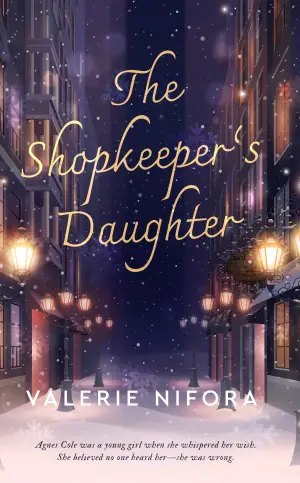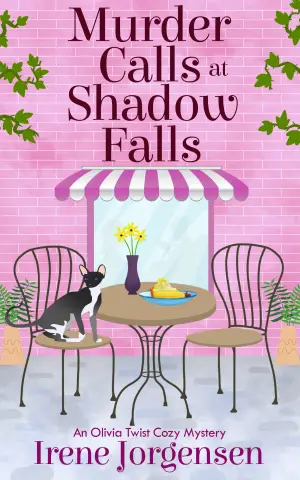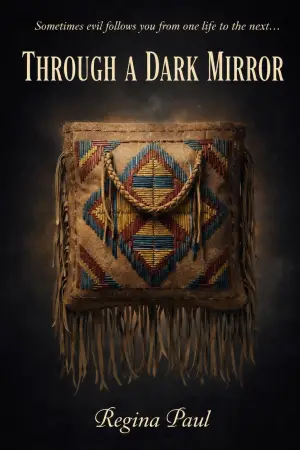I recently delved into “The Death of Angels,” a historical fiction novel set against the backdrop of Nazi Germany, and it completely captivated me. As a passionate reader of WWII dramas, the blend of love, loss, and courage described in the synopsis piqued my interest. The narrative promised to take me on an emotional ride, and I wasn’t disappointed.
The protagonist, Conrad, is introduced as the son of August, who left Germany in search of a better life but faced heartbreak due to his wife’s instability. Years later, he receives a letter from his estranged father-in-law, unveiling a complex family history that Conrad must navigate. Upon visiting his father in Minnesota, his life takes a significant turn when news of his grandfather Wilhelm’s imprisonment underlines the dangerous political climate in Germany. The stakes escalate as Conrad returns to Stuttgart, driven by love and a desire for justice.
One of the standout features of the novel is Mollenhauer’s vivid descriptions of the time, immersing readers in the sights, sounds, and tensions prevalent during that era. I found myself transported to the streets of Stuttgart, feeling the weight of the oppressive atmosphere. It was particularly powerful when Conrad gets involved with the “Schlurfkatz,” exploring themes of rebellion and defiance against Nazi ideals. The frenetic energy and moral complexities within this group are portrayed compellingly.
Readers have highlighted the novel’s ability to maintain suspense and unpredictability. I wholeheartedly agree, as I often found myself on the edge of my seat, eager to turn each page. Each chapter opened the door to new dangers and unexpected glimmers of hope, making it a truly gripping read. One reviewer mentioned feeling their heart break midway through, and I can attest that I experienced those same gut-wrenching emotions as I followed Conrad’s journey, especially in his development of feelings for Marta Engels, another character who challenges Nazi ideology.
However, I did find a couple of drawbacks that may resonate with others. At times, the plot felt densely packed; there were moments when the pacing seemed slower, particularly when delving deep into historical context. It often felt as though Mollenhauer was balancing a fine line between historical exposition and character-driven narrative. While I appreciated the depth, it occasionally disrupted the flow of the story. Additionally, a few side characters, while intriguing, felt underdeveloped, leaving me wanting more from their narratives.
Despite these drawbacks, the core of “The Death of Angels” is undeniably compelling. The exploration of darker aspects of human nature and how love contrasts with the horrors of war is poignantly articulated. The moral dilemmas and the choices faced by Conrad and his companions are thought-provoking, lending the story a sense of timeless relevance.
Ultimately, the book exceeded my expectations, delivering an emotional and suspenseful experience, reflective of the horrific reality of its setting. I would highly recommend “The Death of Angels” to anyone interested in historical fiction or searching for a gripping story about love and courage amidst chaos. It’s a reading experience that not only entertains but also fosters reflection on humanity during one of its darkest periods. This book deserves a spot on your shelf as a reminder of resilience and the intricate fabric of human relationships in times of crisis.








